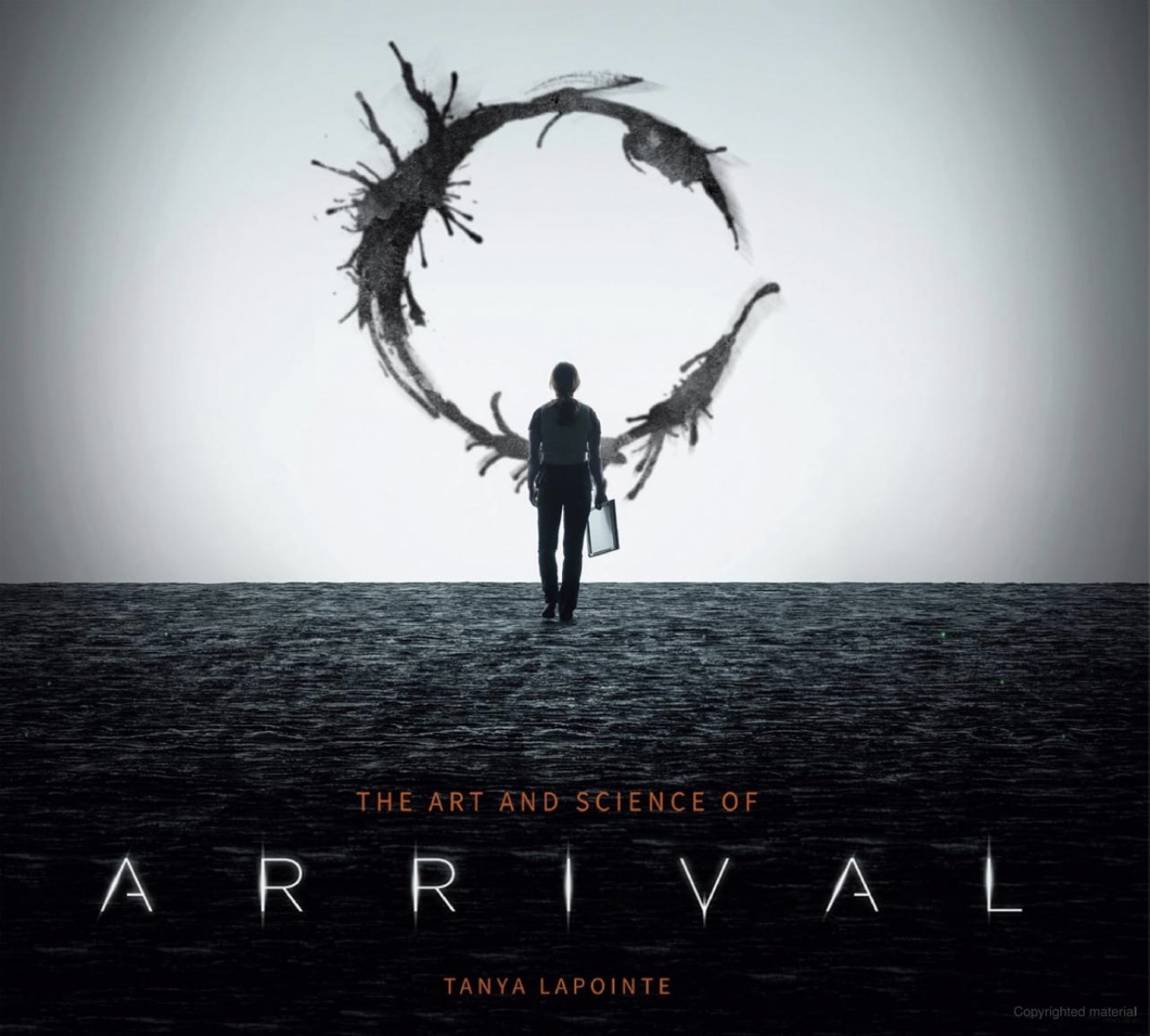A press release from the U.S. Atorney's Office, District of Massachusetts — "California Man Pleads Guilty to Threatening Merriam-Webster with Anti-LGBTQ Violence", 9/14/2022:
A California man pleaded guilty on Sept. 8, 2022 in federal court in Springfield, Mass. to making threats to commit anti-LGBTQ violence against Springfield-based Merriam-Webster, Inc. and others.
Jeremy David Hanson, 34, of Rossmoor, Calif., pleaded guilty to one count of interstate communication of threatening communications to commit violence against the employees of Merriam-Webster, and to another count charging the same offense, initially filed in the Eastern District of Texas, targeting the President of the University of North Texas. In a written statement of facts accompanying his plea agreement, Hanson also admitted to sending threatening communications to various corporations, politicians, and others, including the Walt Disney Co., the Governor of California and the Mayor of New York City, a New York rabbi and professors at Loyola Marymount University. Hanson also admitted that he frequently selected the object of his threatening communications because of the gender, gender identity and/or sexual orientation of various persons.
The lexicographical part of Hanson's ire was directed against online M-W entries relating to sex and gender, including girl, female, and gender identity.
Read the rest of this entry »
